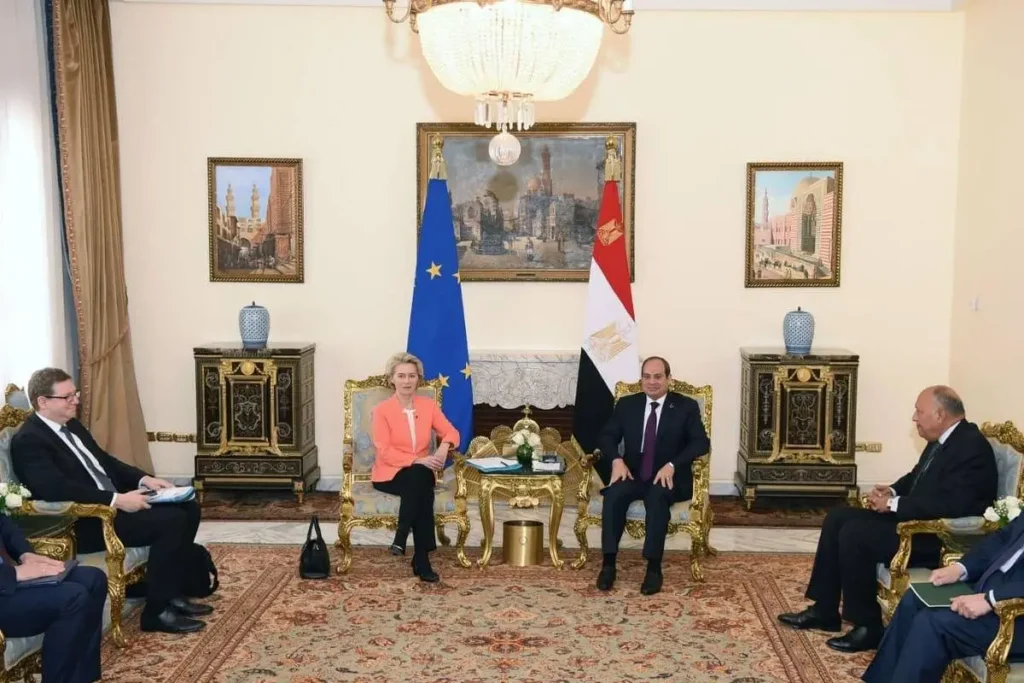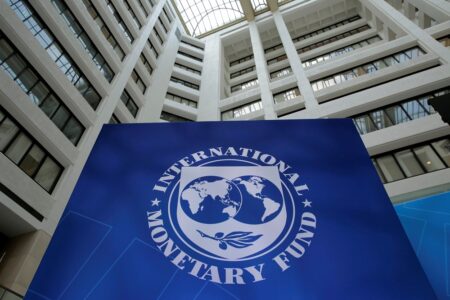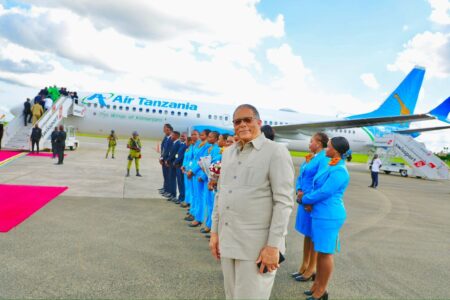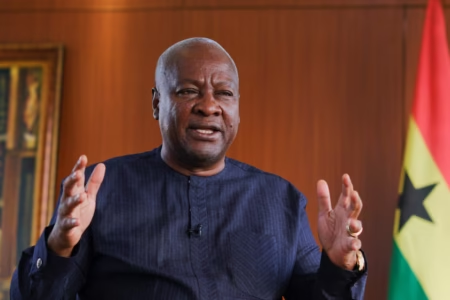- The three-year EU-Egypt strategic partnership aims to facilitate economic reforms and avert a migration crisis within the region.
- The triennial agreement represents the latest endeavour by the bloc to prevent refugees from traversing the Mediterranean.
EU-Egypt strategic partnership
EU leaders have finalised a deal worth $7.4 billion with Egypt to bolster the nation’s struggling economy. This move seeks to foster stability within the “troubled” region and prevent a new European migration crisis.
The three-year EU-Egypt strategic partnership includes $5 billion in soft loans to facilitate economic reforms, $1.8 billion to encourage private sector investments, and $600 million in grants. Of these grants, $200 million is allocated for migration management.
Following months of intense and productive diplomatic engagement between the EU and Egypt, six EU leaders journeyed to Cairo on Sunday, as stated by Italian Prime Minister Giorgia Meloni.”
The visit occurred just days following allegations by members of the European Parliament, who charged Brussels with funding autocrats due to a similar agreement with Tunisia the previous year.
Egypt’s strategic position
Ursula von der Leyen, the president of the European Commission who spearheaded the delegation, emphasised that the deal is a reflection of Egypt’s “strategic position” within a “highly troubled neighbourhood” and its “crucial role” in regional stability.
On this occasion, she reiterated her call for a ceasefire in Gaza, the liberation of all captives, and immediate assistance for the Palestinians. “The war in Gaza and the ensuing catastrophic humanitarian crisis deeply concern us all. With famine looming over Gaza, such a situation is intolerable. Securing a swift agreement on a ceasefire that will release the captives and facilitate increased humanitarian support to Gaza is imperative,” she stated.
Ursula and Meloni attended the meeting with Egypt’s President Abdel Fattah al-Sisi, accompanied by the prime ministers of Greece, Austria, Cyprus, and Belgium.
“The attendance of six European leaders today signifies the depth of our commitment to our relationship. Our strategic interests unite us in stability and prosperity,” stated Von der Leyen to Sisi. “Considering your political and economic influence, as well as your strategic position in a particularly volatile region, the significance of our partnership is poised to grow over time.”
Averting a migration crisis in the Mediterranean
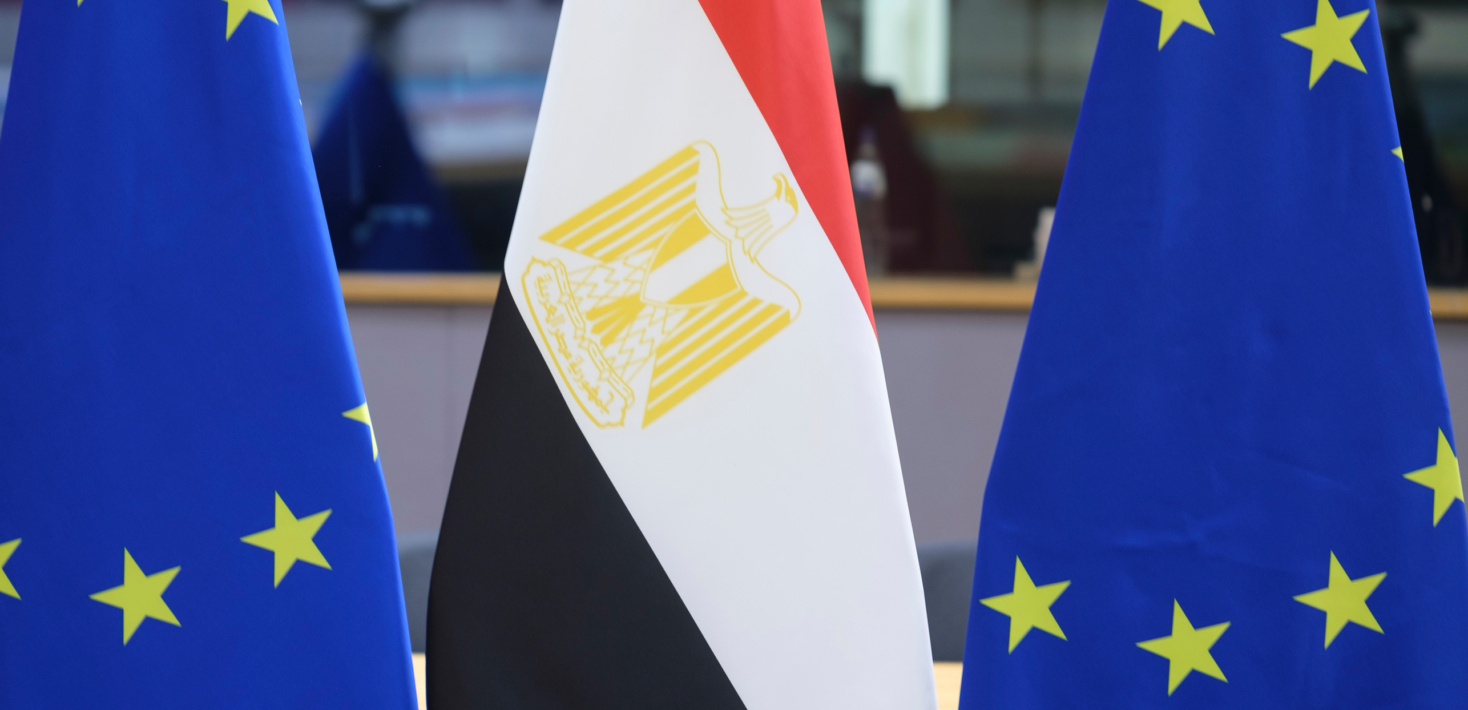
Meloni commended Sisi for Egypt’s involvement, alongside the US and Qatar, in ongoing efforts to bring an end to the conflict in Gaza. The discussion also covered migration, a topic of significant domestic political importance.
She stated that the most effective method for the global north to dissuade individuals in the global south from emigrating to Europe was not merely to dismantle human trafficking networks but also to ‘reaffirm their rights’ within Africa and to assist in the development of their economies. ‘That is precisely what we are undertaking today,’ she declared.
The Belgian Prime Minister, Alexander De Croo, also seized the opportunity to exert pressure on Israel. ‘The current circumstances in Gaza are untenable,’ he remarked, noting that the International Court of Justice had issued a preliminary verdict demanding that Israel improve access to humanitarian aid. ‘However, what we have observed in reality is quite the contrary,’ he asserted.”
Read Also: Egypt’s Economic Turnaround on the Horizon
Poverty a factor in the migration crisis
European governments have long raised concerns over the potential for instability in Egypt, a nation of 106 million inhabitants grappling with challenges in raising foreign currency. Economic hardship and poverty have driven many citizens to emigrate in recent years.
Greece and Italy harbour particular apprehensions regarding the prospect of another refugee crisis emanating from both Gaza and Egypt, which currently provides refuge to approximately 9 million individuals. The UN’s International Organization for Migration reported that this figure includes 4 million from Sudan and 1.5 million Syrians.
Also present in Egypt with Von der Leyen, Meloni, and De Croo were Kyriakos Mitsotakis, Prime Minister of Greece; Karl Nehammer, Chancellor of Austria; and Nikos Christodoulides, President of Cyprus.
Criticism from Human Rights Watch
Human Rights Watch has criticised the deal, stating it would “reward Egypt’s autocratic leader.”
The organisation has highlighted that since Sisi’s ascension to power through a coup in 2013 and subsequent election as president in 2014, his administrations have exerted stringent control over Egypt. This includes quashing dissent, incarcerating detractors, curtailing media freedoms, and civil society activities.
“The EU is now endorsing this severe repression with new support,” Human Rights Watch expressed in a release.
Following intense scrutiny from Members of the European Parliament (MEPs) on Wednesday, the EU declared its intention to collaborate with neighbouring nations to bolster democracy and adherence to human rights through partnerships rather than severing ties.
The four-page joint declaration encompasses commitments to human rights, including an assurance that both parties “will persist in fulfilling their obligations to foster further democracy, fundamental freedoms, and human rights, gender equality, and equal opportunities, as established in the partnership priorities.”





